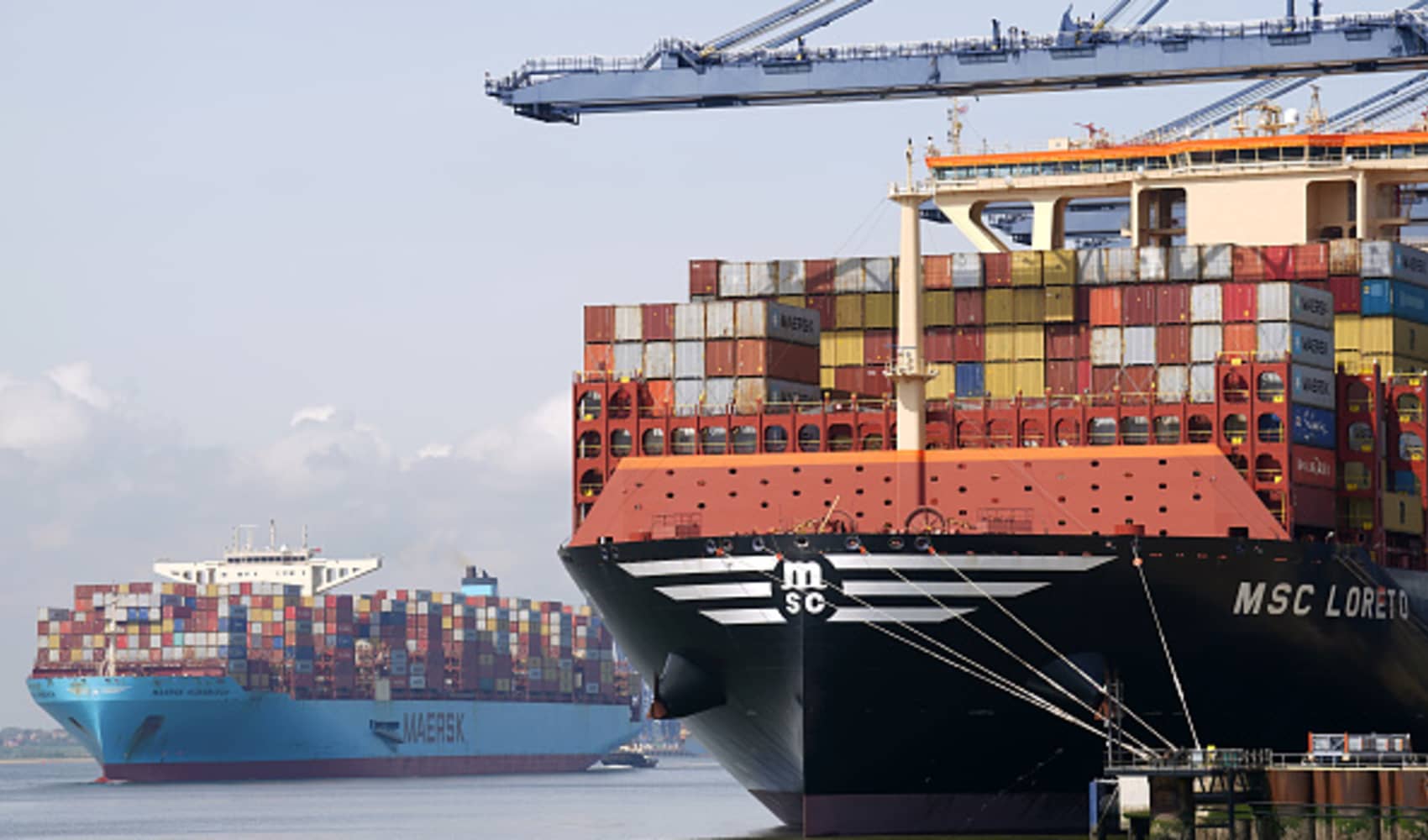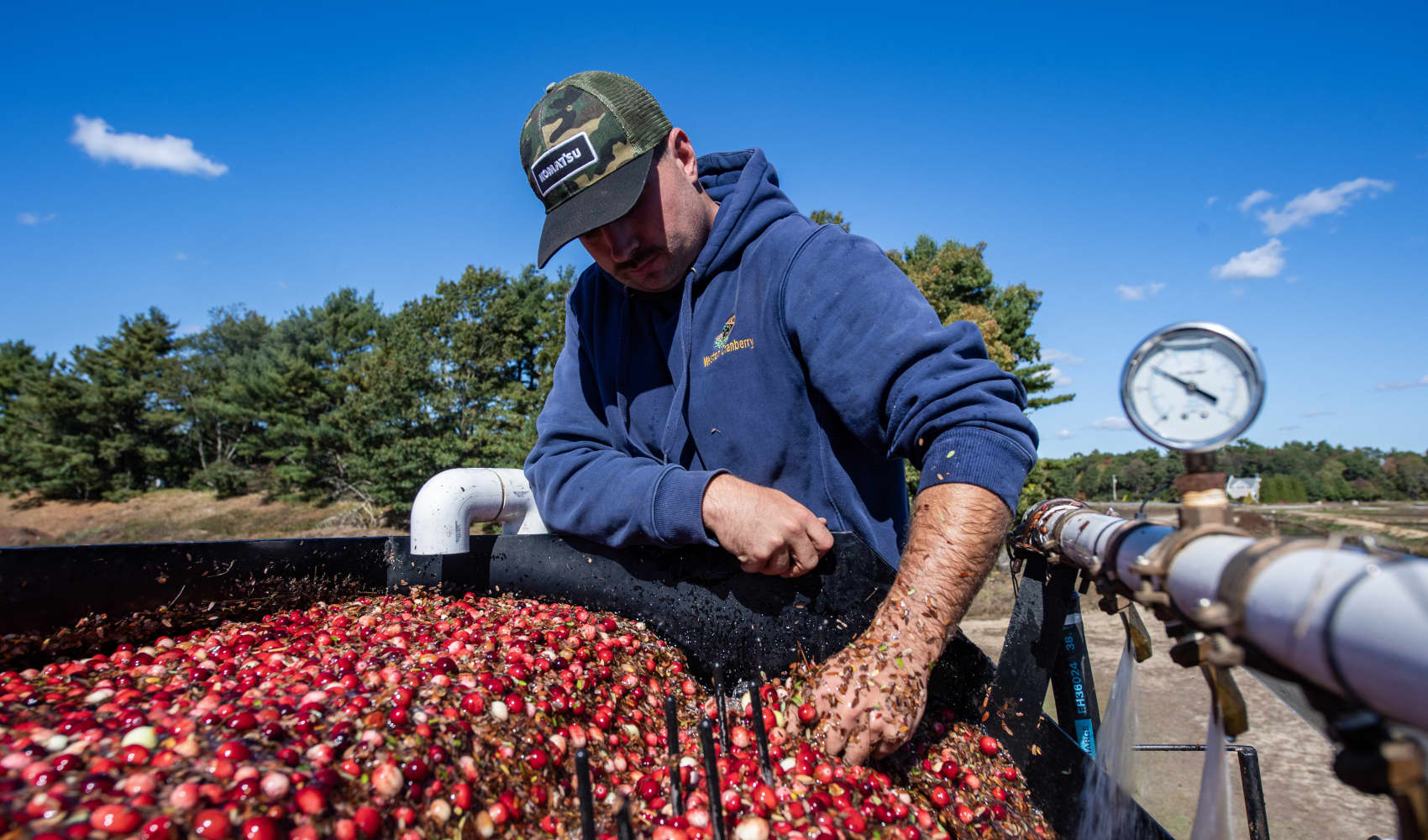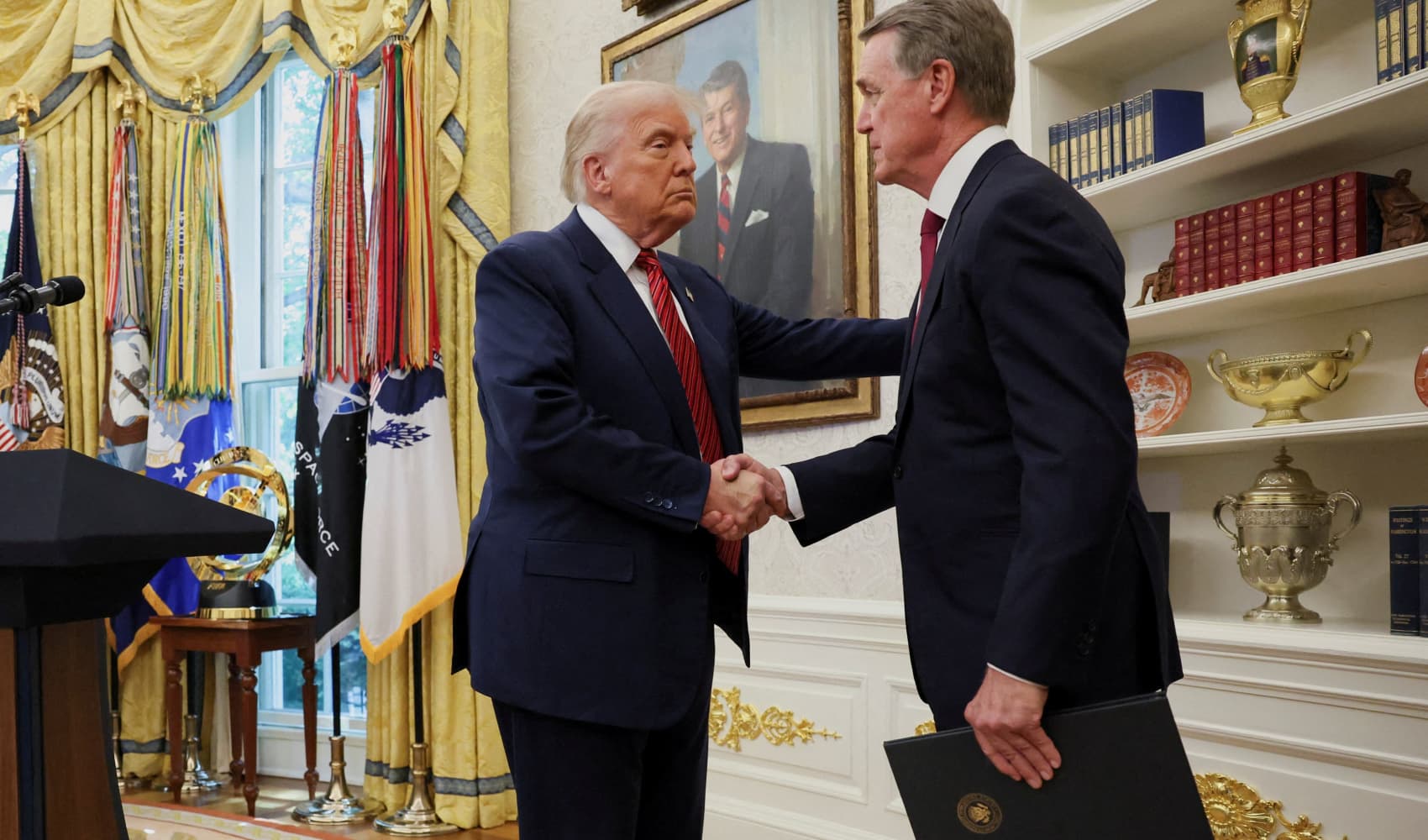Trump's Tariffs: Are Higher Prices Inevitable? Poll Reveals Fears
Trump's Tariffs Trigger Price Hike Fears: Are Americans Ready?
Introduction: The Tariff Tightrope
Remember when we thought trade wars were just something economists worried about? Well, it seems like they're hitting closer to home. A recent AP-NORC poll has revealed a growing concern among Americans: that President Trump's tariffs will lead to higher prices. It's like a financial storm cloud gathering on the horizon, and people are starting to feel the first drops. But how worried should we *really* be? Let's dive into the details.
What the Poll Says: A Clear Message
Half See "A Lot" of Price Increases
The poll paints a pretty clear picture. Roughly half of U.S. adults believe that Trump’s trade policies will increase prices “a lot.” Another 3 in 10 think prices could go up “somewhat.” Think about it – that's a significant chunk of the population anticipating a hit to their wallets. It suggests a widespread expectation that goods and services will become more expensive in the near future.
Recession Worries are High
It's not just price increases, though. About half of Americans are “extremely” or “very” concerned about the possibility of the U.S. economy going into a recession in the next few months. Is this just paranoia, or a legitimate fear based on economic indicators? The poll indicates a growing anxiety about the stability of the U.S. economy under the current trade policies.
Trump's Trade Policies: A Quick Recap
What Exactly Are These Tariffs?
For those who need a refresher, tariffs are essentially taxes on imported goods. The idea is to make foreign products more expensive, thereby encouraging consumers to buy American-made goods. Sounds good in theory, right? But the reality is often more complex. Tariffs can backfire, leading to higher prices for consumers and businesses alike.
Which Countries are Affected?
Trump's tariffs have targeted numerous countries, most notably China. But also the European Union, Canada, and Mexico have been on the receiving end. It's a global chess game with potentially high stakes for everyone involved. Think of it like a ripple effect, where one action creates waves that impact economies around the world.
The Impact on Your Wallet: How Will Prices Rise?
Everyday Goods Get More Expensive
The most direct impact of tariffs is on the price of goods imported from affected countries. This includes everything from electronics and clothing to food and raw materials. Even if a product is assembled in the US, it may rely on imported components that are subject to tariffs, pushing up the final cost. Are you ready to pay more for your favorite gadgets or groceries?
Businesses Pass on the Costs
Businesses, of course, don't want to absorb these increased costs. To maintain their profit margins, they often pass the burden onto consumers. This can manifest as higher prices in stores, restaurants, and online marketplaces. It's a domino effect, with tariffs pushing up prices across the economy.
Are These Fears Justified? Economic Analysis
Expert Opinions Diverge
Economists are divided on the long-term effects of Trump's trade policies. Some argue that tariffs are a necessary tool to protect American industries and level the playing field with other countries. Others warn that they will ultimately hurt the U.S. economy by raising prices, reducing trade, and creating uncertainty. It's a classic "on the one hand, on the other hand" situation.
Historical Precedents
Looking back at history, the effects of tariffs have been mixed. Sometimes they have protected domestic industries, but often they have led to trade wars and economic downturns. The Smoot-Hawley Tariff Act of 1930, for example, is widely blamed for exacerbating the Great Depression. Will this be another case of history repeating itself?
Alternatives to Tariffs: Are There Better Options?
Negotiation and Diplomacy
Many experts argue that negotiation and diplomacy are more effective ways to address trade imbalances than tariffs. By working with other countries to resolve disputes and establish fair trade agreements, the U.S. can avoid the negative consequences of tariffs. Think of it as a collaborative approach, rather than a confrontational one.
Investing in American Competitiveness
Another alternative is to invest in American competitiveness by improving education, infrastructure, and technology. This would make U.S. businesses more efficient and innovative, allowing them to compete effectively in the global market without the need for protectionist measures. It's about strengthening our own capabilities, rather than trying to artificially boost our economy.
Political Implications: Trust in Trump's Economic Policies
Faltering Confidence?
The AP-NORC poll suggests that Americans' trust in President Trump to bolster the U.S. economy may be faltering. The growing concerns about rising prices and a potential recession could undermine his support among key voting blocs. Are voters starting to question his economic policies?
The 2024 Election
The economic outlook could play a significant role in the 2024 presidential election. If the economy continues to struggle, voters may be more likely to support a candidate who promises to change course. Could this be a deciding factor in the next election cycle?
Strategies for Consumers: How to Cope with Higher Prices
Budgeting and Saving
One way to cope with higher prices is to create a budget and track your spending. Identify areas where you can cut back and save money. Every little bit helps! It's about being more mindful of where your money is going.
Smart Shopping
Look for deals and discounts, compare prices at different stores, and consider buying generic brands. Don't be afraid to shop around! Becoming a savvy shopper can help you stretch your budget further.
Investments
Consider diversifying your investments to include assets that are less vulnerable to economic downturns. Consult with a financial advisor to develop a strategy that suits your individual needs. Planning for the long term is key to weathering economic storms.
The Global Perspective: How Other Countries are Responding
Retaliatory Tariffs
Many countries have responded to Trump's tariffs by imposing retaliatory tariffs on U.S. goods. This has led to a trade war that is hurting businesses and consumers on both sides. It's a tit-for-tat situation that could escalate further.
Seeking New Trade Partners
Some countries are seeking new trade partners to reduce their reliance on the U.S. This could lead to a shift in global trade patterns and a decline in U.S. influence. The world is becoming more interconnected, and countries are looking for ways to diversify their trade relationships.
The Future of Trade: What Lies Ahead?
Uncertainty Reigns
The future of trade remains uncertain. It's difficult to predict how the current trade disputes will be resolved and what the long-term consequences will be. One thing is clear: the global trade landscape is changing rapidly.
Adapting to the New Normal
Businesses and consumers alike will need to adapt to the new normal. This may involve finding new suppliers, developing new products, and adjusting to higher prices. Flexibility and resilience will be key to success in the years ahead.
Conclusion: Navigating the Tariff Terrain
So, what's the takeaway? The AP-NORC poll highlights a growing concern among Americans about the potential impact of Trump's tariffs on prices and the economy. While the long-term effects are still uncertain, it's clear that businesses and consumers need to be prepared for potential price increases and economic volatility. Staying informed, budgeting wisely, and adapting to changing circumstances are essential for navigating the tariff terrain. The key is to stay informed and prepared for potential challenges.
Frequently Asked Questions
1. What are tariffs and how do they work?
Tariffs are taxes imposed on imported goods. They increase the cost of imported products, making them more expensive for consumers and businesses. The goal is often to protect domestic industries by making foreign goods less competitive.
2. How will Trump's tariffs affect my household budget?
Trump's tariffs could lead to higher prices for a variety of goods, including electronics, clothing, and food. This could strain your household budget, especially if you rely on imported products or goods made with imported components.
3. Is a recession imminent because of the tariffs?
While the tariffs are contributing to economic uncertainty, it's difficult to predict whether they will trigger a recession. Many other factors influence the economy, such as interest rates, consumer spending, and global events. The poll results, however, show significant concern about the possibility of a recession.
4. What can I do to protect myself financially from the effects of the tariffs?
You can take several steps to protect yourself, including creating a budget, tracking your spending, shopping around for the best prices, and considering buying generic brands. It's also a good idea to diversify your investments and consult with a financial advisor.
5. Are there any benefits to tariffs?
Some argue that tariffs can protect domestic industries, create jobs, and level the playing field with countries that engage in unfair trade practices. However, these potential benefits often come at the cost of higher prices for consumers and businesses, and the risk of retaliatory tariffs from other countries.


